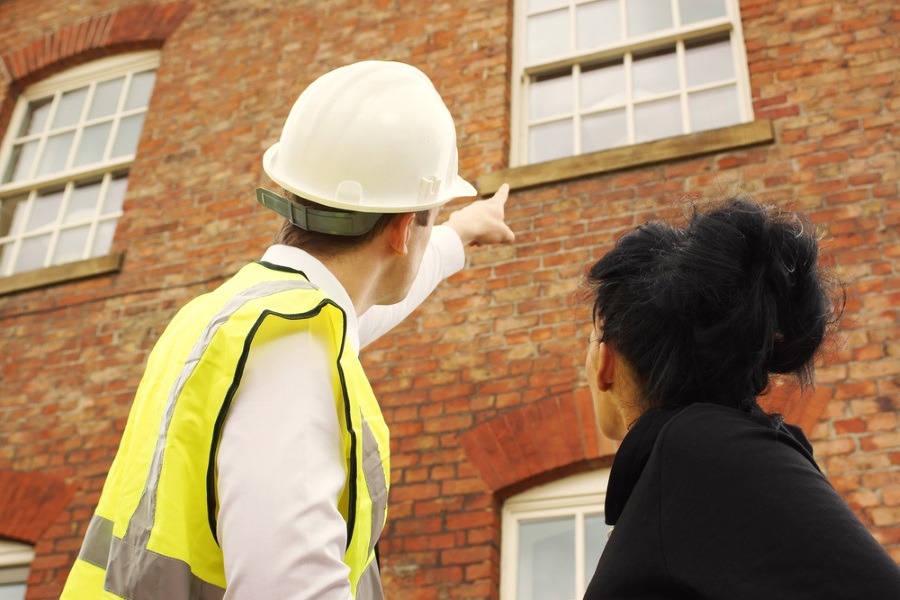Which property survey should you choose?
When you spend a lot of money on a new home, you want to know exactly what you’re buying. That’s where a property survey comes in.
Property surveys are usually carried out by a qualified surveyor who will inspect the property and make a note of any structural issues and repairs that are needed, as well as commenting on the overall fabric and state of the property.
Having a survey conducted is completely optional, but it’s strongly recommended. Imagine spending £200,000 on your dream home, only to find out it needs a new roof. A roof replacement could end up costing an extra £20,000, which you’ll have to pay when you move in, effectively adding to the overall cost of your move. If a survey had been carried out, however, you would know before making an offer that the roof needs replacing. That gives you time to renegotiate, and you could ask for £20,000 off the asking price.
Most qualified surveyors are members of The Royal Institute for Chartered Surveyors (RICS). These are the three main types of surveys offered by the institute:
RICS Condition Report (£250 – £350)
Recommended for new homes and homes in a very good condition
The most basic of the three surveys, a Condition Report details the general condition of the property and outlines any risks or urgent defects that would need looking at after purchase. The findings are presented as ‘traffic light’ indicators.
RICS HomeBuyer Report (£400 – £500)
Recommended for homes built in the last 100 years, and buyers looking for extra peace of mind.
HomeBuyer reports are the most popular RICS survey. The surveyor will take a non-invasive look at the property, so they’ll be able to see any immediately visible problems – but they won’t look under floorboards or behind walls.
As well as observing at the general condition of the property, the HomeBuyer Report also looks for potential structural problems such as damp, subsidence or even woodworm.
There is also a version of the HomeBuyer Report which includes a property valuation, which is useful if you’re looking for some extra ammunition in revising down your offer.
RICS Building Survey (£500+)
Recommended for older homes, listed properties, properties requiring repair, and high value properties.
As the most comprehensive survey available from RICS, the Building Survey is usually recommended for older homes, listed properties, or houses which obviously require repairs. It doesn’t usually include a valuation, but it’s considered the most in-depth survey. It’s known as an ‘invasive’ survey, which means the surveyor will be getting their hands dirty under the floorboards, behind the walls, and in the attic.
What about mortgage valuation surveys?
According to RICS, one in five homebuyers only gets a mortgage valuation survey when they’re buying a home, rather than a full survey.
It’s important to remember that mortgage valuation surveys are usually carried out in under 20 minutes and are conducted for the benefit of the mortgage lender, not the buyer. They won’t help identify many defects, as the aim is simply to reassure the mortgage lender that you’re borrowing the correct amount.
As you’re spending so much money on a new home, we strongly recommend you have a Condition Report, HomeBuyer Report, or Building Survey carried out as well. This means you won’t be hit by unexpected repair costs when you move in, and you’ll have peace of mind that your new home is exactly what you’ve paid for.




















